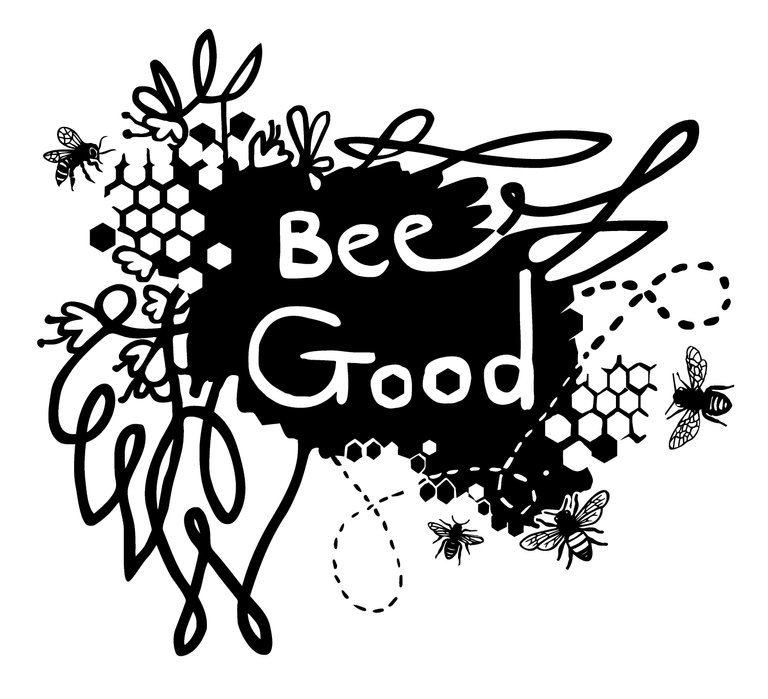On Perspective
What? It's Phoenix Runs At The Mouth time? No way, that never happens. 😉
Have you ever looked at someone complaining about something that seems small to you and thought, "Really? That's what's put a bee in your bonnet? If that's the worst that has ever happened to you... " Yeah. We've all done that. I have.
We might sometimes be able to get over that initial response by realizing that, often when people are flipping out over something small, it's really the straw that broke the camel's back, and what they're flipping out about is actually 897 things, and this was just what tipped the scales into "too much."
But other times, you look at someone who seems to have a charmed life, who legitimately seems to think the world should stop because something went wrong, and they are just not used to that happening, and you're making this face:

I am not standing on the high ground over this one, because I have found myself making that face a lot this week. And while there is something to be said for "lucky people not knowing how lucky they are," I finally had a moment where I had a bit of perspective about, well, perspective.
The thing about those lucky people is, yeah. They really don't know how lucky they are.
And we all do it. We tend to be conditioned by our surroundings. If you're a rich kid surrounded by other rich kids, you don't think you are rich because in your world, that's "normal." If you're a poor kid surrounded by middle class kids, you feel that you are poor and they are rich ...and your middle class friends think they are poor, because they're comparing themselves to rich-rich kids.
People who have never been seriously sick act like they're dying when they get the flu. Chronically ill people or people who have suffered serious illness think they are babies.
I could make examples like this all day, but you get my point. To the healthy people who have never suffered anything as bad as the flu before, that fever and misery literally is the worst they've ever felt. They have no other comparison.
I'm going to borrow a concept from my CPTSD post: imagine that there is a 1-10 scale of how good or bad you can feel. Most people live around the middle; they fluctuate a little bit, but not lots, and that's what makes them healthy and "normal." (C)PTSD people can bounce around the entire 1-10 scale.
But to those "normal" people whose average range is 4-5-6? That 4 is the worst they've ever felt. They have no idea what a 1 (or a 10) feels like. They might have some idea that it exists; they have heard of people committing suicide or doing things out of desperation and realize that they have never felt that way. But it's like describing snow to someone who's never seen it; they can understand the concept of snow, but they've never actually felt it for themselves. Or describing the ocean to someone who's never seen an ocean, or the true night sky to someone who's never been outside the city. You can see pictures of either, but you don't know in a visceral way until you experience it yourself.

The person who just can't believe that something bad happened to them - they don't know how to handle it. They have no toolbox of coping mechanisms, because they've never needed them before. This is all new territory; they've just been blessed enough that their first experience with disappointment or illness or bad luck or whatever it is, came much later in their life than it does for most people.
That's lucky for them, yes - but it doesn't make navigating difficulty for the first time ever any easier. In fact it may even be a bit harder, because if it happens to you when you're young, you're forgiven and given some leeway if you freak out about it, because you're young. Everyone accepts that you are learning about life and how to handle it. If that event doesn't happen to you until you're 47 years old and you fall apart, everyone thinks, geez, be a grown up, what are you, eight years old? Unless you have a saintly patient person in your life, generally no one is there to help you calm down and soothe your upset, because you're an adult and expected to know how to do that for yourself.

Gordon Ramsay encapsulating how we talk to children vs. adults going through the same problem
Now, if someone is being a total jerk and expects the world to cater to them, I am not asking you to actually cater to them. Jerks are jerks and shouldn't be rewarded for being mean. But if someone older is upset over something you think is minor or silly or not a big deal, before you say that it might help to step back for a minute and realize that they really have no idea. It isn't someone's fault if they grew up sheltered; I mean, that's what we want for kids, right? To protect them from harm? There's a balance, of course; you don't want for your child to be helpless or entitled. But just like parents can take it too far on the "I'll give you something to cry about" end, other parents can take it too far on the "Mommy will make it all better" end. It isn't the kid's fault if their parent protected them too well.
So going forward I'm going to make an effort to catch my rolling eyeballs and consider if this person who I think doesn't know what a real problem is, really maybe doesn't know what a real problem is. We're all just children in grown ass bodies, blundering our way around the world. We act like we know what we're doing, but we generally don't. Maybe the sheltered person could do with some perspective, to be shown in some way how other people struggle, but they aren't going to gain that perspective from people dismissing their concerns as trivial in a mean way. So I'm going to try and broaden my perspective to include the fact that some people really are lucky and blessed and happy. In many ways I'm lucky compared to other people; I've never lived on the street, I've never suffered from various illnesses that other people have, I've never lived through a war; in so many ways I'm lucky and I don't always recognize that when I'm stressing about how I'm going to pay rent or buy groceries or I'm dealing with my own health problems. I can extend that understanding to realize that just as there are things I don't know how to handle, there are things that I consider "normal" but that blessed person considers awful. We've all had a different experience, and it isn't a sin for someone to have had a good one in life such that trouble is unbearably difficult for them. What matters is if they take that difficulty out on others, or stay humble and ask for help.

Thank you @phoenixwren, for using the CO2 Compensation Coin (COCO / SWAP.COCO) on Steem-Engine or on Hive-Engine to reduce your CO2 footprint. You want to join? Buy some COCO / SWAP.COCO and transfer them to CO2Fund's account @co2fund.
Very insightful message. Yes we often forget to put down our bias, even I've made the mistake of doing that. I do try to "relate" to people when they're going through something I haven't before, by just listening and if they're open to it I try to summarize it, to make them see that I'm trying to understand them and of course if I'm wrong they can correct me.